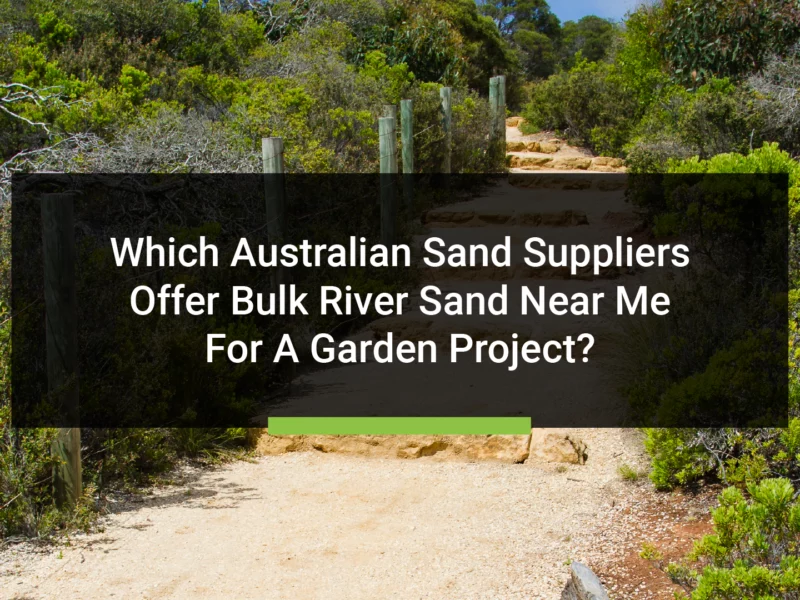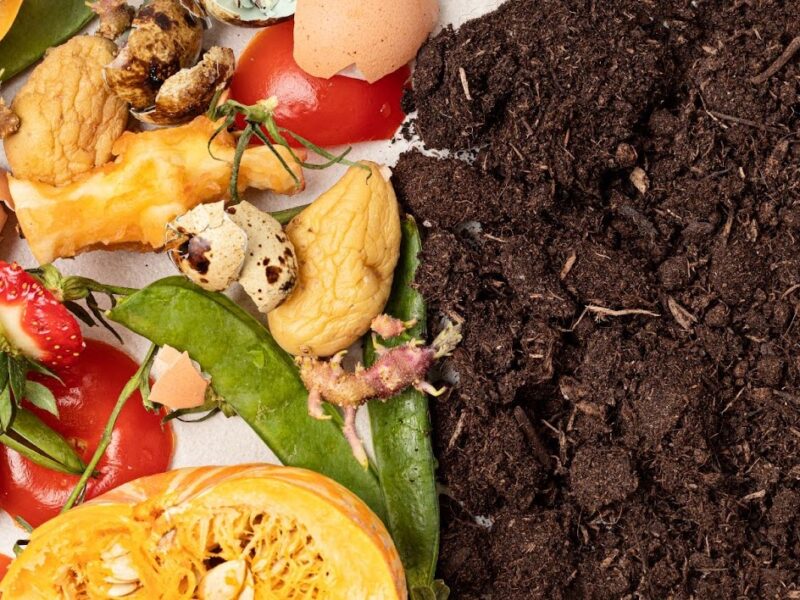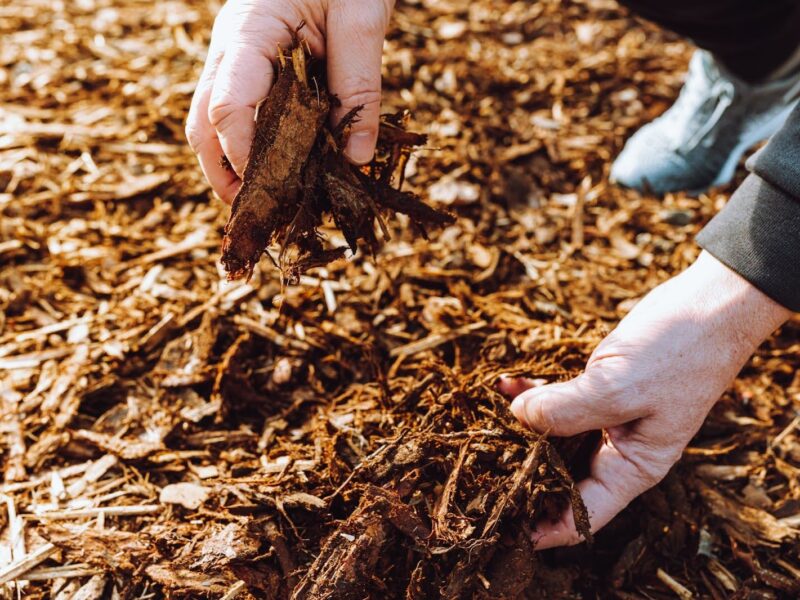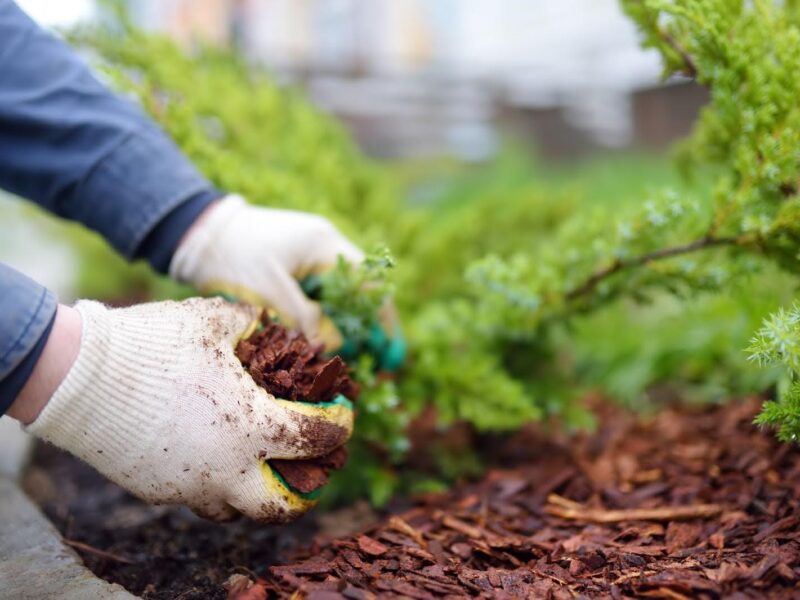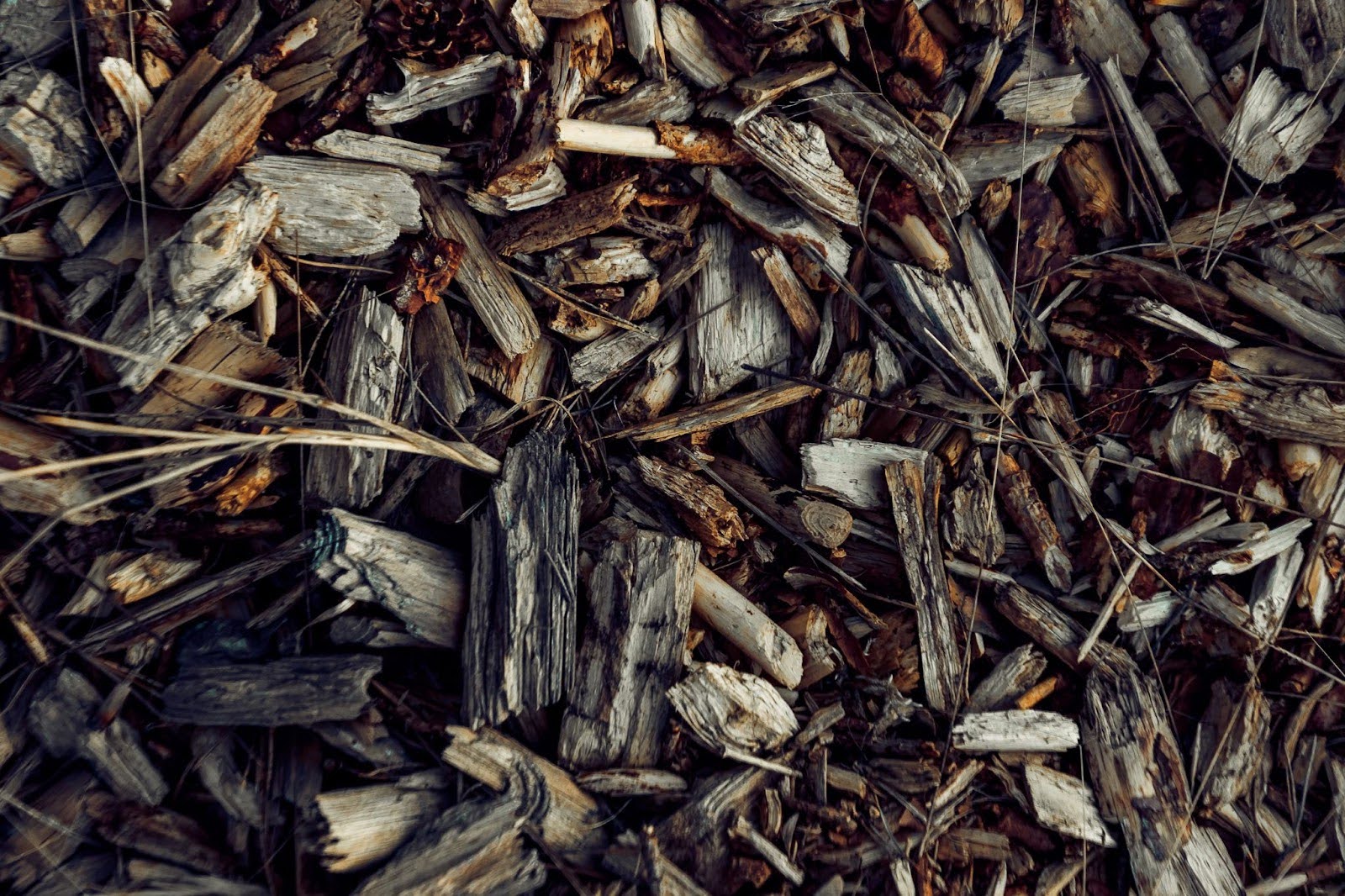
What Is Mulch Made Of? Exploring Different Mulch Types
Mulch is a gardener’s best friend, offering a simple yet effective way to protect plants, conserve water, and improve soil health. But what exactly is mulch made of, and why should you consider adding it to your garden?
In this post, we’ll break down the materials that make up mulch and why choosing the right type matters.
Understanding Mulch
At its core, mulch is any material applied to the surface of soil. Its primary purpose is to protect plants, regulate soil temperature, suppress weeds, and retain moisture. While mulch might seem like a simple layer of material, its composition plays a significant role in how effective it is for your garden.
Common Types of Mulch
Mulch comes in a variety of materials, broadly divided into two categories: organic and inorganic.
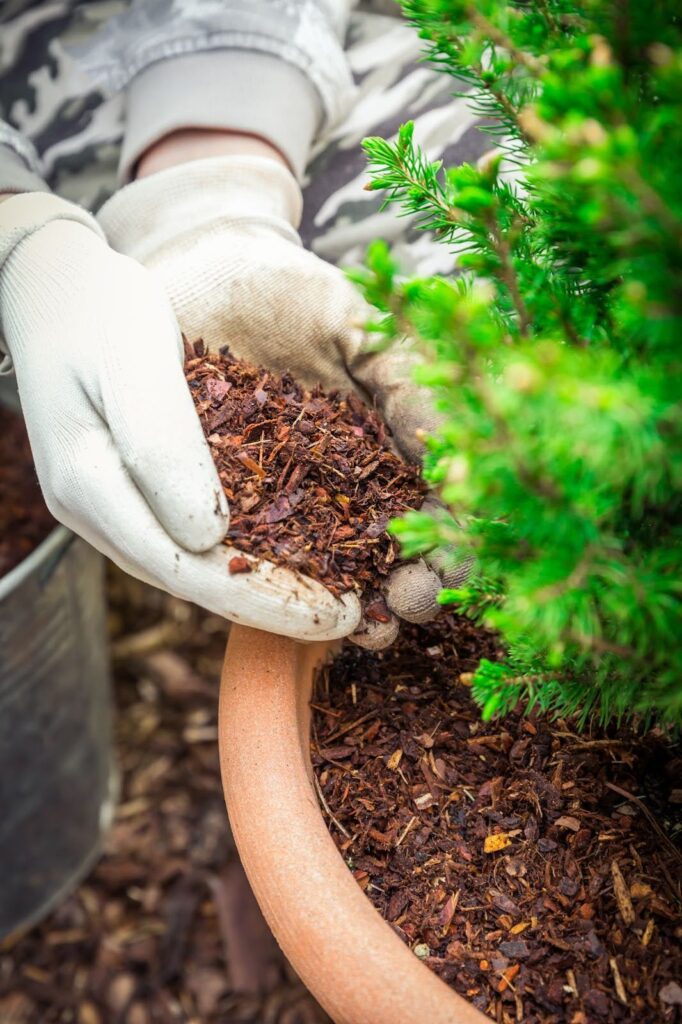
1. Organic Mulch
Organic mulch is derived from natural materials that will eventually break down and enrich the soil. Some common examples include:
Wood Chips and Bark:
Often sourced from trees, wood chips and bark are excellent for pathways and garden beds. They decompose slowly, providing long-lasting coverage.
Straw and Hay:
These are great for vegetable gardens and help retain moisture in the soil while also preventing weeds from taking hold.
Compost:
Made from decomposed plant material, compost not only acts as mulch but also adds nutrients to the soil.
Leaves:
Shredded leaves make an affordable and eco-friendly mulch option, slowly decomposing and feeding the soil.
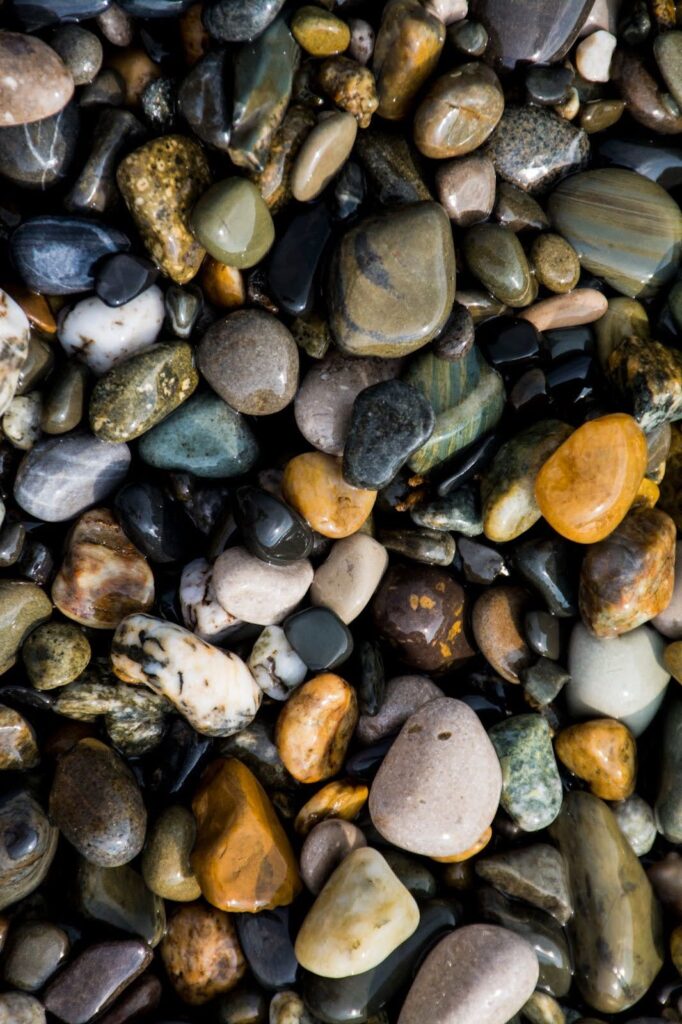
2. Inorganic Mulch
Inorganic mulch is made from non-living materials and does not decompose. While it doesn’t improve soil fertility, it offers other benefits such as long-lasting coverage and excellent weed suppression. Examples include:
Gravel and Pebbles:
Ideal for decorative garden areas and pathways.
Plastic Sheeting:
Often used in vegetable gardens to prevent weed growth and retain soil moisture.
Rubber Mulch:
Made from recycled tires, this mulch lasts for years and is often used in playgrounds or landscaping.
Benefits of Using Mulch
No matter what type of mulch you choose, the benefits are clear:
- Moisture Retention: Mulch helps soil retain water, reducing the need for frequent watering.
- Weed Control: A thick layer of mulch prevents weed seeds from germinating.
- Temperature Regulation: Mulch acts as insulation, keeping roots cooler in summer and warmer in winter.
- Soil Improvement: Organic mulch decomposes over time, adding nutrients to the soil and improving its structure.
Aesthetic Appeal: Mulch gives gardens a tidy, finished look, enhancing overall landscape design.
Choosing the Right Mulch
When selecting mulch, consider your garden’s needs and your personal preferences. Organic mulch is perfect if you want to improve soil health, while inorganic mulch is ideal for low-maintenance landscaping that lasts longer.
Finding the Best Mulch Suppliers
If you’re ready to start mulching your garden, it’s important to source high-quality materials from reliable mulch suppliers. Local suppliers often offer a variety of options and can provide guidance on the best type of mulch for your soil and plants. Whether you need bark, wood chips, or specialty mulches, choosing the right supplier ensures your garden stays healthy and vibrant.
Conclusion
Mulch is more than just a decorative layer, it’s a valuable tool for every gardener. From protecting soil and retaining moisture to suppressing weeds and enriching your garden, mulch plays a critical role in maintaining a healthy and beautiful landscape. By understanding what mulch is made of and sour


